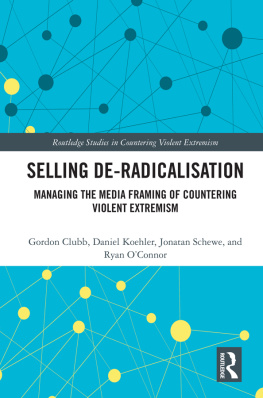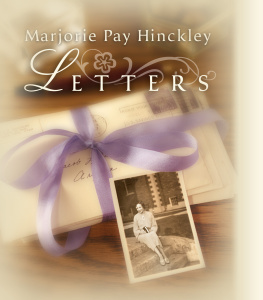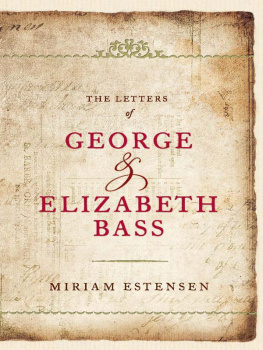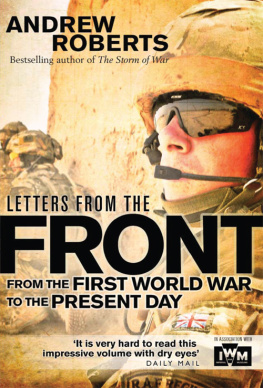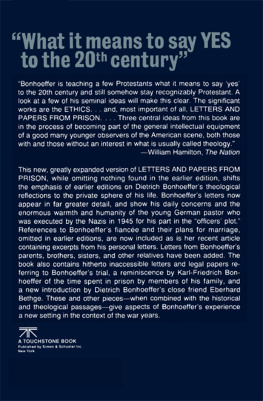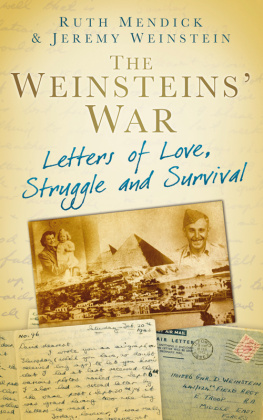Merrel D. Clubb - A Life Disturbed: My Pacific War Revisited
Here you can read online Merrel D. Clubb - A Life Disturbed: My Pacific War Revisited full text of the book (entire story) in english for free. Download pdf and epub, get meaning, cover and reviews about this ebook. year: 2011, publisher: University of Washington Press, genre: Non-fiction. Description of the work, (preface) as well as reviews are available. Best literature library LitArk.com created for fans of good reading and offers a wide selection of genres:
Romance novel
Science fiction
Adventure
Detective
Science
History
Home and family
Prose
Art
Politics
Computer
Non-fiction
Religion
Business
Children
Humor
Choose a favorite category and find really read worthwhile books. Enjoy immersion in the world of imagination, feel the emotions of the characters or learn something new for yourself, make an fascinating discovery.

- Book:A Life Disturbed: My Pacific War Revisited
- Author:
- Publisher:University of Washington Press
- Genre:
- Year:2011
- Rating:4 / 5
- Favourites:Add to favourites
- Your mark:
A Life Disturbed: My Pacific War Revisited: summary, description and annotation
We offer to read an annotation, description, summary or preface (depends on what the author of the book "A Life Disturbed: My Pacific War Revisited" wrote himself). If you haven't found the necessary information about the book — write in the comments, we will try to find it.
An exceptional storyteller with an analytical eye, Merrel Clubb has gathered the letters he sent his parents from the Pacific Theater of World War II and his subsequent reflections on that war and on his life into a kind of then-and-now memoir. The letters are a treasure trove of humor, anxiety, and hope, revealing a young man thrust into a war that he does not understand. Through this exceptional portal on the past, we learn of the tragic absurdity of war, of a soldier trained for naval warfare but sent into land battle with weapons hed never before fired; of command post latrines at which even commanding officers were sitting ducks; of the ghoulish trophies and mementos that soldiers collected from the battlefields.
The letters describe a vivid cast of characters, from Clubbs childhood friend who instilled a love of poetry in his comrades to the hillbilly singer and the prostitute with whom the young Clubb had varied amorous adventures. But the most compelling figure in this narrative is, of course, Clubb himself, an intellectual who carried Jane Austen and Joseph Conrad along with his tommy gun; who used books as a fortification for his foxhole, discovering upon waking one morning that Ouspensky stopped a bullet; and who, in a darkly humorous moment, wrote home that Plato is pretty consoling, because I can always think that somewhere there is a perfect hell of a navy of which this is but an imitation or representation.
Returning to these letters years later prompts Clubb to look again at the Second World War and at the atomic bomb that ended it. In an analysis as useful to understanding our own historical moment as it is to reconsidering the past, Clubb counters the conventional wisdom shared by veterans and civilians alike, particularly regarding the concept of a just war.
For Clubb, as for so many veterans, the war does not end with the victory over Japan. Despite the intervening years, Clubb finds that the haunting episodes experienced over half a century ago echo still. Even in the solitude of the forest, in the hunting parties he meets, in the animals he himself kills, he hears again the sound of battle, sees again the faces of the victims of war.
Part letters, part memoir, and part scholarly analysis, this volume ranges over a vast, colorful, and weighted territory. From the battles and respites in the Pacific Islands, to the night clubs and call girls of mainland San Francisco and San Diego; from the relative quiet of his aptly named hometown, Stillwater, to the similarly quiet Montana backcountry, Clubbs narrative explores the psychological terrain of a life disturbed, and forever changed, by war.
Merrel D. Clubb: author's other books
Who wrote A Life Disturbed: My Pacific War Revisited? Find out the surname, the name of the author of the book and a list of all author's works by series.

